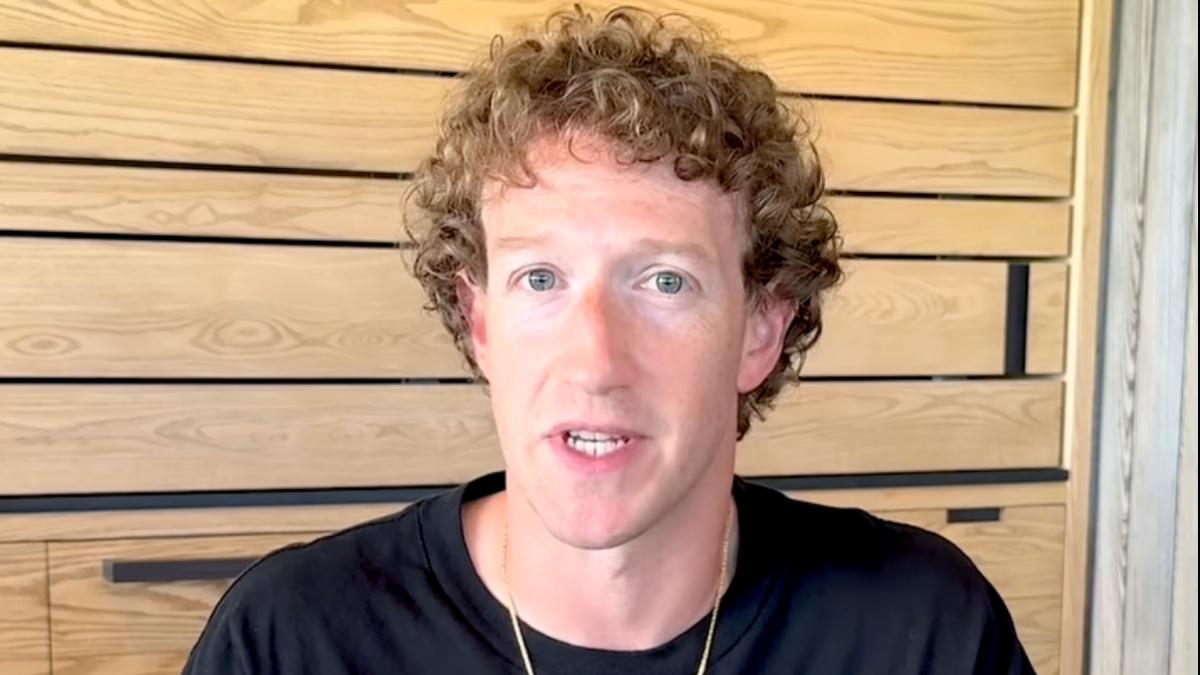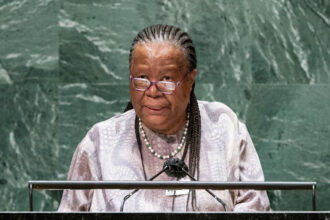Meta CEO Mark Zuckerberg has announced a significant policy shift for the company, focusing on free expression and a new approach to content moderation. The changes include replacing traditional fact-checkers with a feature called Community Notes, simplifying content policies, and aiming to reduce moderation errors.
Zuckerberg shared the update on his personal social media account, stating, “It’s time to get back to our roots around free expression. We’re replacing fact-checkers with Community Notes, simplifying our policies, and focusing on reducing mistakes. Looking forward to this next chapter.”
Emphasis on Free Expression
The move signals a return to Meta’s founding principles of fostering open dialogue and free speech. By introducing Community Notes, Meta aims to empower users to contribute to content accuracy and provide additional context for potentially misleading posts. This approach shifts responsibility to the community, potentially reducing the perceived bias in content moderation.
Community Notes, a system piloted on platforms like X (formerly Twitter), allows users to collaboratively flag and annotate content. The goal is to add balanced perspectives without entirely suppressing posts, striking a balance between transparency and accountability.
Simplified Policies
Zuckerberg’s commitment to “simplifying policies” suggests a leaner, less convoluted set of rules for content moderation. This could make Meta’s guidelines easier for users to understand and for moderators to enforce.
Historically, Meta’s content policies have been criticised for being overly complex and inconsistent. The company hopes these changes will reduce confusion and cut down on moderation errors, which have often drawn backlash from users and policymakers alike.
Implications for Content Moderation
The replacement of fact-checkers with Community Notes marks a departure from reliance on third-party organisations for verifying information. While this may streamline operations, it raises questions about the effectiveness of crowd-sourced fact-checking in combating misinformation. Critics argue that such systems could be susceptible to manipulation or polarisation.
However, supporters believe the shift aligns with the broader trend of decentralising content moderation and could foster greater trust by involving the community in decision-making.
Looking Ahead
Zuckerberg’s announcement marks a pivotal moment for Meta as it navigates the challenges of balancing free expression with combating harmful content. This next chapter will test whether community-driven moderation can achieve the same level of accuracy and fairness as professional fact-checking, or whether it will introduce new challenges.












